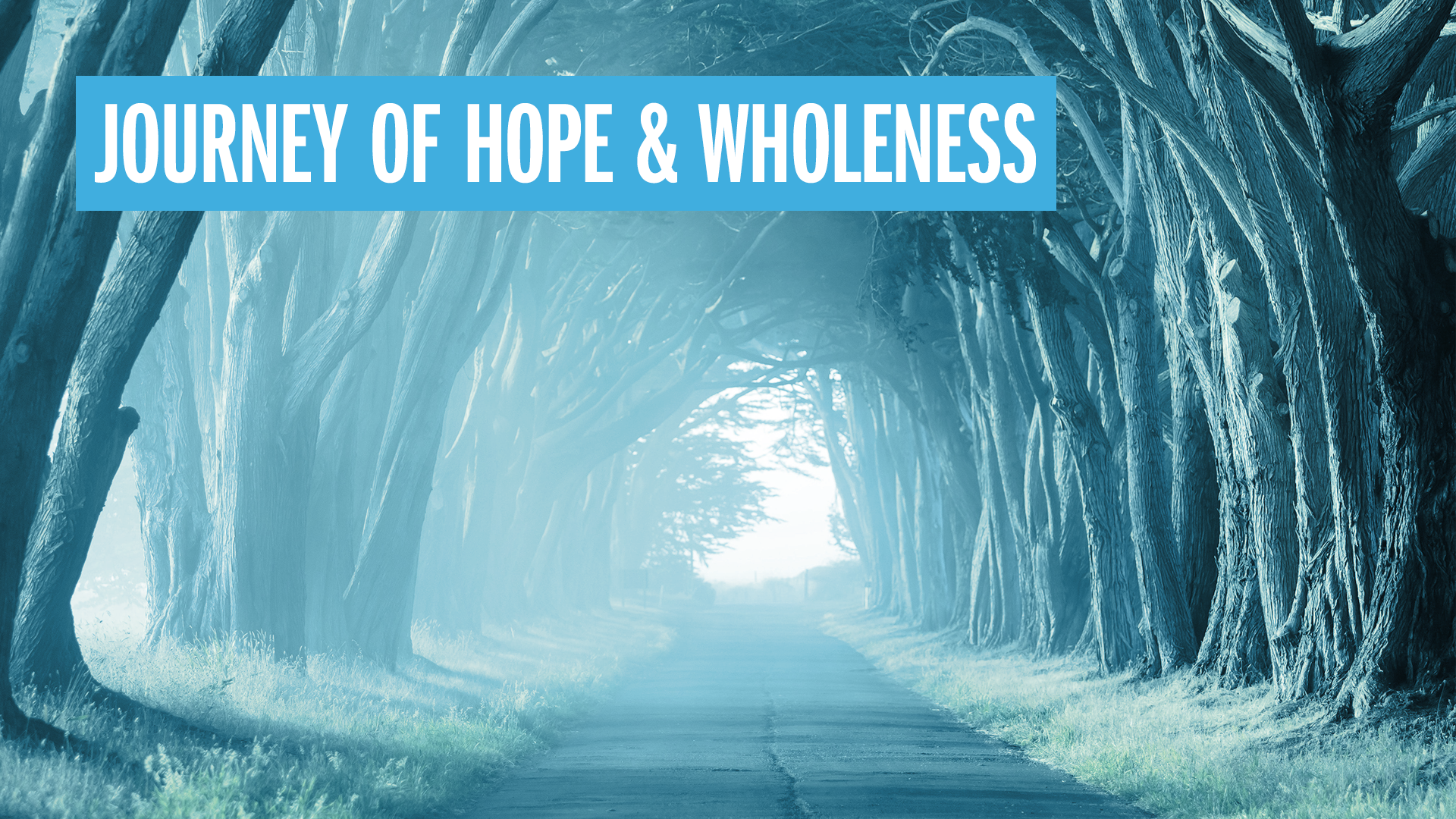Journey of Hope & Wholeness
Journey of Hope & Wholeness
A Path Towards Ending the Sin of Racism

Eliminating the sin of racism
Your path towards dismantling systems and structures within the church that perpetuate racism.
And hope does not disappoint, because the love of God has been poured out within our hearts through the Holy Spirit who was given to us. – Romans 5:5
Why should our congregation seek to eliminate the sin of racism?
Racism is a sin against God because it devalues, dehumanizes, and oppresses someone God created. Racism is a sin because it sets one group as God to judge other cultures and races. Eliminating racism is not easy because prejudice and biases are woven into the culture and systems in our society. But all are called to end the sin of racism.
How can our congregation receive help to end the sin of racism?
Your congregation will be doing this work as a team, led by the pastor. Pathways can be self-led, and we will provide you with helpful tools to excel independently. If you desire, a facilitator/coach can support your congregation’s leadership in completing and achieving your plan. Register for Pathways now, and a Pathways champion will be in touch with you shortly. Address all questions to Megan McKay, Resource Manager mmckay@gnjumc.org

